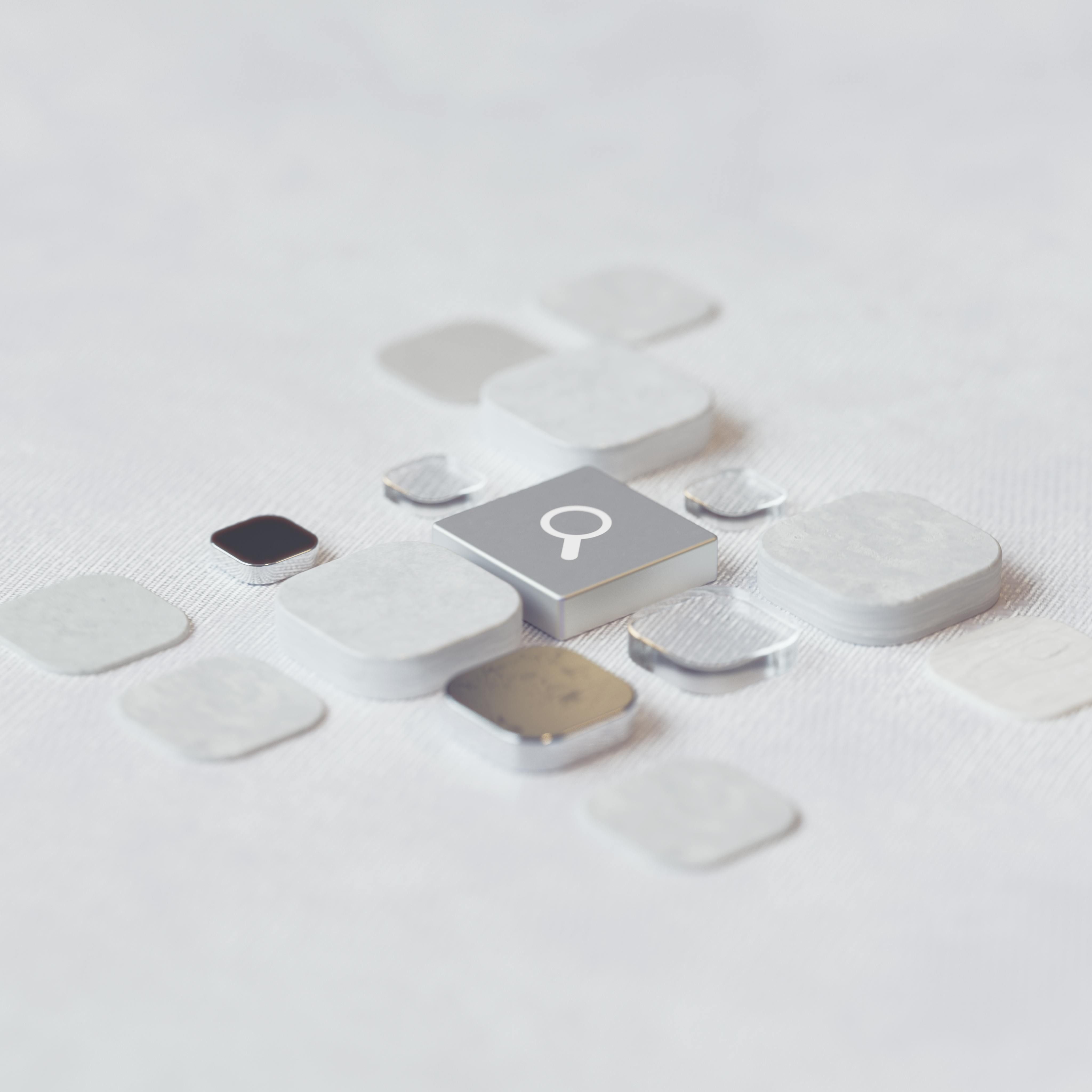Medicare's coverage for PureWick external catheters: A question in focus.
Living with Incontinence Made Easier: Attention to the PureWick System
tucked away in the realm of healthcare innovations is the PureWick system, a remarkable solution designed specifically for females dealing with incontinence during sleep or rest. This system incorporates an external catheter extending from the vulva to the buttocks, connecting to a tube leading to a collection container that can be placed on a nightstand or table.
Thanks to a 2024 ruling by the Centers for Medicare & Medicaid Services (CMS), Medicare now covers the PureWick system under the durable medical equipment (DME) benefit of Part B.
When it comes to understanding Medicare coverage for the PureWick external catheters, various factors come into play.
Medicare Part B, which offers coverage for essential medical items such as oxygen supplies, walkers, and hospital beds, provides coverage for DME. A Medicare-enrolled person can acquire a qualifying device as long as a Medicare-enrolled doctor or healthcare professional prescribes it for home use.
DME may include external catheters as an alternative to indwelling catheters for individuals with permanent urinary incontinence. As of 2024, the PureWick system falls within this coverage.
It's essential to note that Medicare will not approve coverage if an individual is already utilizing an indwelling catheter. For female catheters, Medicare limits usage to no more than one metal cup or pouch per week. If these devices are used in a hospital setting, they fall under Part A coverage.
Now, let's dive into the cost aspect:
As stated on the manufacturer's website, a box of 30 catheters costs approximately $209 for those paying out of pocket without insurance. By purchasing them in bulk, you can save money.
In 2025, those enrolled in Medicare Part B must meet an annual deductible of $257 and pay a monthly premium of $185. Once these conditions are met, Part B will cover 80% of approved treatments or services.
Medicare Part A often exempts people from paying a premium, but they must meet a deductible of $1,676. Afterward, Part A will cover their hospital stay and any necessary medical devices during that period fully for the first 60 days.
For comprehensive coverage, it's worth considering Medicare Advantage (Part C) plans, which are private plans that must provide the same benefits as Original Medicare. Premiums, deductibles, and coinsurance can vary depending on the plan.
To ensure clarity on the coverage and specific requirements for the PureWick external catheters, it's vital to consult with Medicare or a relevant DME provider.
A heads up on sex, gender, and spectrums:
Sex and gender exist on spectrums. In this article, we will use the terms "male," "female," or both to refer to sex assigned at birth. Learn more about exploring these topics.
Decoding Medicare Terms:
- Out-of-pocket cost: This is the amount a person must pay for care when Medicare does not pay the total amount or offer coverage. Costs can include deductibles, coinsurance, copayments, and premiums.
- Premium: This is the amount of money someone pays each month for Medicare coverage.
- Deductible: This is an annual amount a person must spend out of pocket within a certain period before Medicare starts to fund their treatments.
- Coinsurance: This is the percentage of treatment costs that a person must self-fund. For Medicare Part B, coinsurance is 20%.
- Copayment: This is a fixed dollar amount a person with insurance pays when receiving certain treatments. For Medicare, this usually applies to prescription drugs.
- The PureWick system, designed for females experiencing incontinence during sleep or rest, falls under the category of durable medical equipment (DME) as of 2024, thanks to a ruling by the Centers for Medicare & Medicaid Services (CMS).
- Understanding Medicare coverage for the PureWick external catheters involves considering factors like Medicare Part B, which provides coverage for essential medical items such as oxygen supplies, walkers, and hospital beds.
- A Medicare-enrolled person can acquire a PureWick system if prescribed by a Medicare-enrolled doctor or healthcare professional for home use and falls under DME coverage.
- As of 2024, DME may include external catheters as an alternative to indwelling catheters for permanent urinary incontinence, among other medical conditions.
- Purchasing the PureWick catheters out-of-pocket without insurance costs approximately $209 for a box of 30, but buyers can save money by purchasing them in bulk.
- Consulting with Medicare or a relevant durable medical equipment (DME) provider is essential to clarify coverage requirements and specifics for the PureWick external catheters, as Medicare Part A, Part B, and Medicare Advantage (Part C) plans have different costs, deductibles, and coverage levels.








